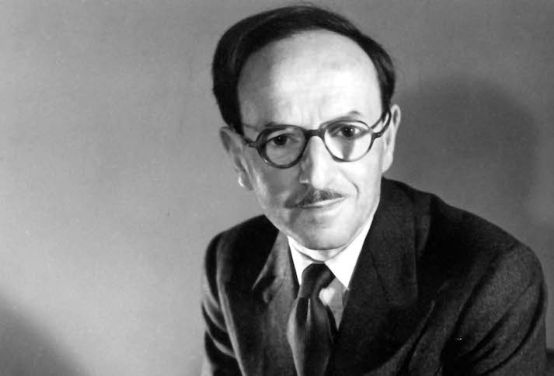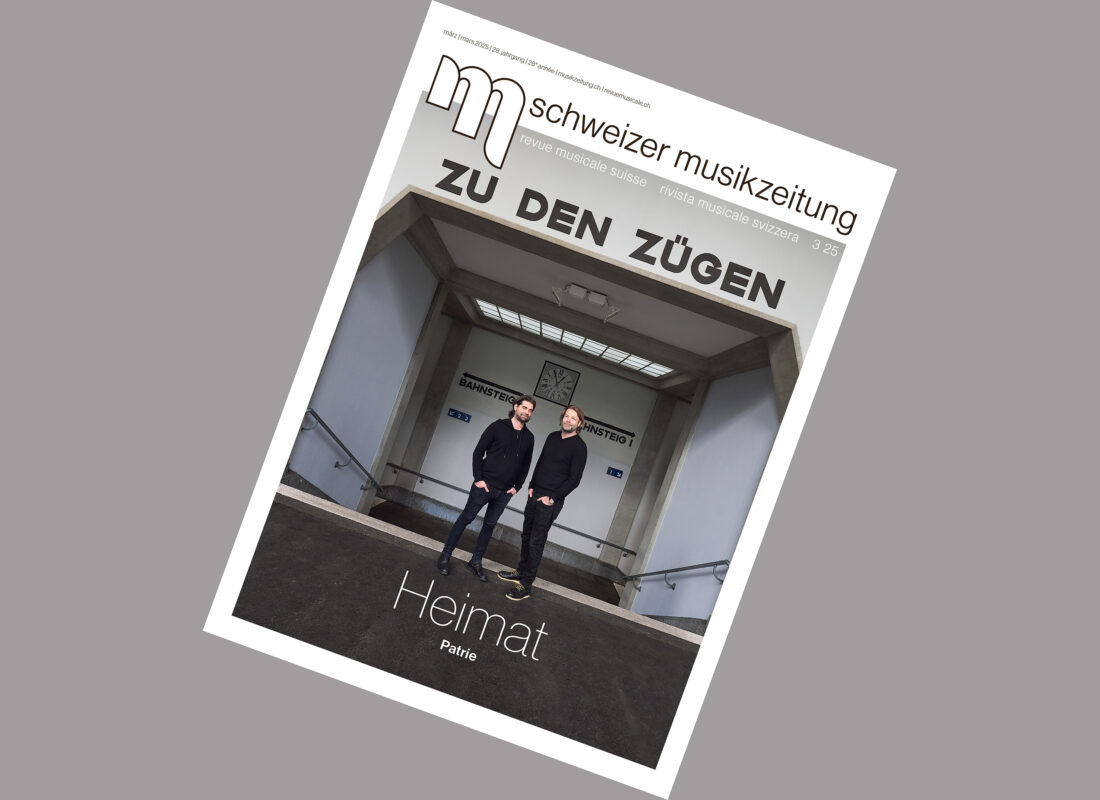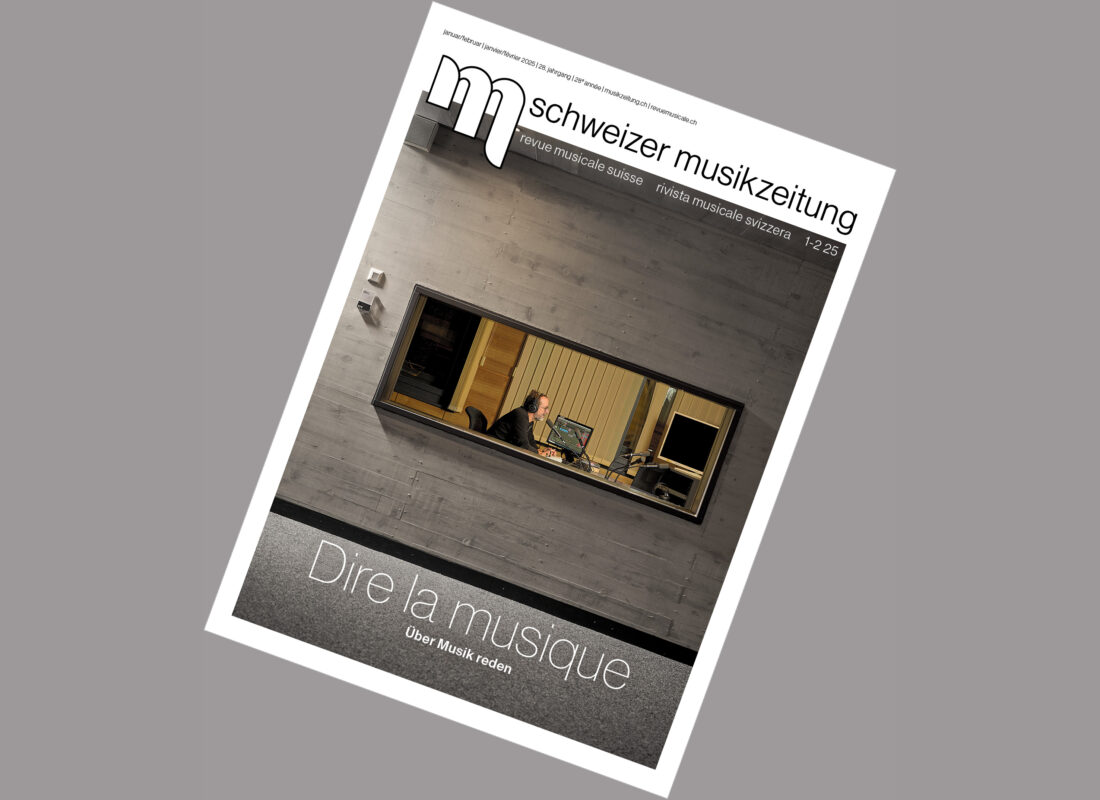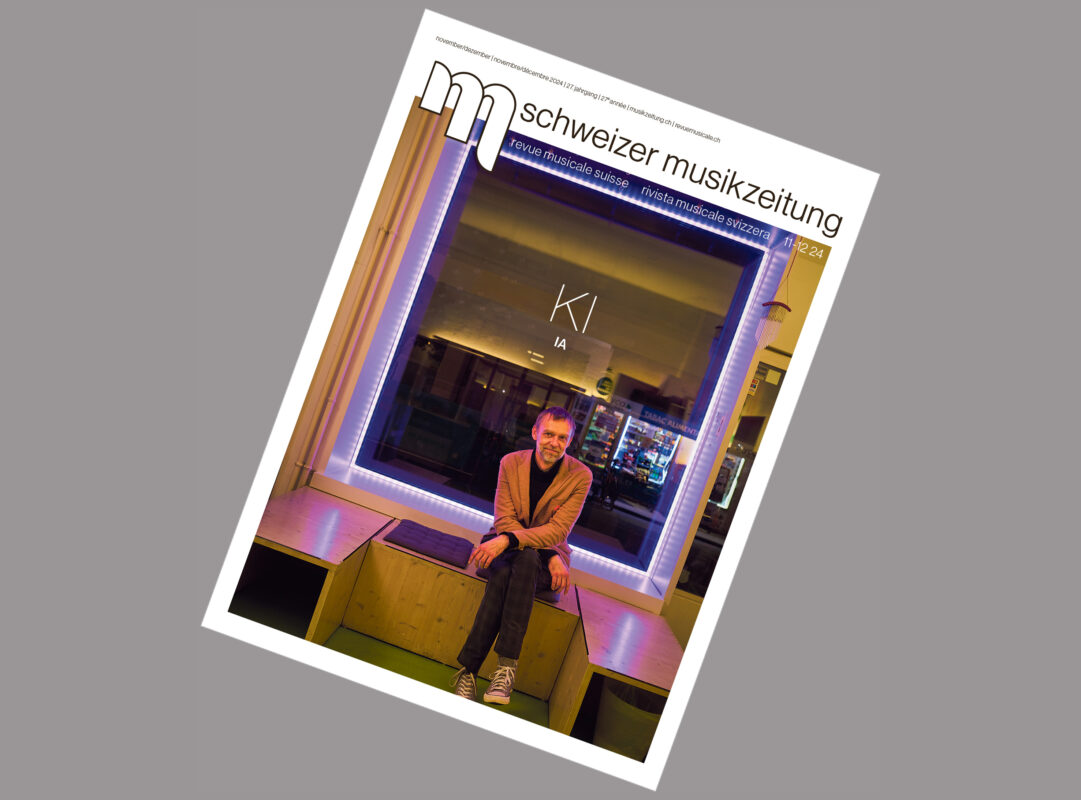Cutting the cord and reinventing yourself
Mátyás Seiber (1905-1960) was the composer we were looking for in the July/August 2018 issue. Here you will find the breakdown of all the clues in the puzzle, which also introduce this little-known musician a little more closely.


Mátyás Seiber (1905-1960) was the composer we were looking for in the July/August 2018 issue. Here you will find the breakdown of all the clues in the puzzle, which also introduce this little-known musician a little more closely.
Our composer was born under an old emperor [in Budapest] and died under a young queen [in South Africa, then still under the Queen]. He studied with Zoltán Kodály, but then took to the high seas to provide musical entertainment for rich passengers [in a string quartet]. Back in Europe, he became one of the very first jazz lecturers at a German music academy [at the Hoch Conservatory in Frankfurt]. When Hitler came to power, he had to flee and found a new home in London. He worked everywhere, became an advisor to Adorno, gave harmony lessons and wrote music for an award-winning film about Australia's most remote city [A town like Alice].
Our composer had a special literary flair. He set excerpts from Irish novels to music [by James Joyce] and composed operas in his native language (his librettist, also an exile, later became famous with a satirical book about Switzerland [George Mikes: Switzerland for beginners]). One of his most popular works was a setting of the supposedly 'worst Scottish poet of all time' [William McGonagall]premiered in the packed Royal Festival Hall [The famous Tay Whaleat the Hoffnung Music Festival]. During this time, he also became the first (and probably only) twelve-tone composer to enter the "Top twenty" with a (tonal) hit. [1956 in Great Britain] reached [By the fountains of Rome] and even won the big pop song prize [Ivor Novello Award for "Best Song Musically and Lyrically"]which much later Amy Winehouse [2008] or Ed Sheeran [2012] won.
In exile, our composer never taught at a university, but is nevertheless considered one of the most important composition teachers of his time [among others by Hugh Wood in Cambridge]. He played a major role in the IGNM [Vice President 1960] and also took part in the major post-war festivals of new music, including Donaueschingen. He died at the age of 55, surrounded by lions and giraffes [in a car accident in the Kruger Park in South Africa]. Two of his famous compatriots [Kodály & Ligeti] composed works in his memory; one of them later became world-famous as a science fiction film score [Atmosphères, in 2001: A Space Odyssey].
Further biographical details:
Encyclopedia of persecuted musicians of the Nazi era








